Everyone has encountered nights when sleep is elusive. You toss and turn to drift off to blissful slumber, but nothing works. When morning arrives, you wake up feeling exhausted. If the problem persists, you’ll feel like a zombie during the day and your entire life will start a downward spiral. Your personal life might suffer as your emotions become short-tempered and your work-life could experience a dramatic impact because you simply cannot focus. In this article, we will explore herbal supplements for sleep.
Table of Contents
The Importance of Sleep
Your body and brain need sleep to function correctly. With enough sleep, your memory, learning, creativity, and decision-making improve substantially.
Studies have found that insufficient sleep can increase your risk of developing diabetes, cardiovascular disease, and obesity. Sadly, life’s fast pace makes getting quantity and quality almost impossible. Nowadays, poor sleep has become quite common.
Sleep Promoting Options: Herbal Supplements
If you are having problems with sleep then you can seek medical care. Your physician will probably prescribe certain prescription medications. Sadly, many have serious side effects, and some are even highly addictive. To avoid such unpleasant problems, you might want to explore herbal supplements for sleep.
Best Herbal Supplements for Sleep
In this section, we will explore the best herbal supplements for sleep. Each one has its benefits and drawbacks. However, all are natural and highly effective.
Melatonin
Your body produces melatonin naturally. It is the hormone that your body’s internal clock relies on to tell you when it’s time to sleep. Your body manufactures the hormone and releases it based on the time of day. In the evening, your body’s melatonin naturally increases, and in the morning it starts to fall.
Melatonin is one of the best herbal supplements for sleep, especially if you are having problems getting zzzs due to a melatonin cycle disruption that can occur because of jet lag or being forced to work the graveyard shift.
If you suffer from sleep disorders, then melatonin has proved highly beneficial. It appears to reduce the time it takes to fall asleep and increase your sleep time, so you wake feeling more rested.
Usually, the recommended dosage to obtain sleep benefits ranges from three to 10 milligrams before bed. Melatonin is safe for adults whether they use it for a short time or longer.
Valerian Root
Valerian is an herb that grows in parts of Asia and Europe. The root has been used to treat menopause, anxiety, and depression. Nowadays it is a popular sleep-promoting supplement favored by users in Europe and the United States.
Women who are menopausal or postmenopausal appear to experience improved sleep quality when using the root. Taking from 300 to 900 mg of valerian before bed also helped with sleep quality.
Valerian appears safe with very few side effects. Some uses have noted heart palpitations, vivid dreams, headaches, fogginess, upset stomach, and dry mouth. Pregnant and breastfeeding women should avoid using valerian root.
Kratom
Herbal Supplements for Sleep: Kratom
Kratom is an herbal supplement that has been used for centuries in SE Asia. When taken in low doses, it produces an energized effect but in higher doses, users feel more relaxed. Certain strains of the alkaloid rich powder also promote restfulness. Users often take kratom right before bed to improve sleep quality.
Obtained from the evergreen tree Mitragyna speciosa, kratom is all-natural and has very few side effects.
The best strains of kratom for sleep include:
- Red Bali
- Indo
- Red Borneo
At My Kratom Club, we sell a wide array of kratom strains HERE. You can choose from kratom powders, capsules, or extracts.
Lavender
Lavender grows in almost all parts of the world. The deep purple flowers smell heavenly. Many dry the blooms for use in bouquets or to create potpourri. The soothing fragrance is believed to enhance sleep.
Studies have shown that inhaling the aroma of lavender oil before bed helps improve sleep quality and is especially useful in treating insomnia.
Lavender aromatherapy has even been shown to effectively treat sleep disturbances in older individuals suffering from dementia. Their sleep time improved and upon waking they were better able to fall back asleep.
Researchers found that individuals with anxiety disorders benefited from taking a lavender oil supplement every day. After 10 weeks of taking the lavender supplement, they reported improved sleep quality and greater duration of sleep. Side effects can occur which include nausea or stomach pain.
Passionflower: Using Herbal Supplements for Sleep
Passionflower has become a popular insomnia remedy. Many people enjoy a cup of passionflower tea before bed. One cup of tea an hour before bed for one week can substantially improve sleep quality. Individuals with insomnia have also noted an improvement in drinking tea.
Glycine
Eggs Naturally Contain Glycine
A natural amino acid, glycine is a major player in the function of the body’s nervous system. It appears to lower the body’s temperature which lets your body know it’s time to sleep. In one study, participants took three grams of glycine before bed and reported that they felt rested and clear-headed when morning arrived.
In another study, researchers measured brain waves, breathing, and heart rate to see if participants experienced better sleep after taking glycine. The results showed that most of the individuals fell asleep fast and experienced improved daytime function.
You can purchase glycine as a powder or in pill form. Ideally, you should take 0.8 grams/kg of body weight per day.
Many foods are naturally high in glycine such as:
- Bone broth
- Eggs
- Fish
- Poultry
- Meat
- Kale
- Beans
- Cabbage
- Spinach
- Bananas
- Kiwis
Tryptophan and Turkey
After a hearty turkey dinner do you feel like taking a long nap? Turkey is loaded with tryptophan which makes you feel sleepy naturally. You can also purchase tryptophan as a supplement. Take one gram per day so you fall asleep quicker and wake up rejuvenated
Ginkgo Biloba
Consuming 240 mg of ginkgo biloba at least 30 to 60 minutes prior to going to bed. The herb helps ease stress and promotes relaxation, so you are quickly on the road to slumber.
Kava
Use Kava with Caution
Kava traces its origins back to the South Pacific Islands. When ground the root makes a tasty tea. In some areas, you might find it in supplement form. Much of Europe and Canada have ban kava due to its potential side effects such as liver damage, Ideally, prior to using kava, you should discuss the herb with your physician. Always use kava with caution.
L-theanine: Herbal Supplements for Sleep
Taking 400 mg of L-theanine improves sleep and promotes relaxation. Some users take it with GABA to produce even greater sleep-promoting results.
Herbal supplements are sleep is remarkably diverse. One might work for a while and then start to fail so you should try alternate remedies. Remember, what works for one person might not work as well for another.
With kratom, you can build up a tolerance to the herb, so it takes a higher dose to attain the same results. However, some users avoid kratom tolerance by using different strains.
To learn more about kratom for sleep, please contact My Kratom Club.


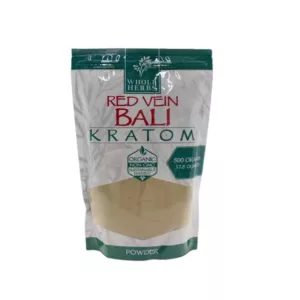
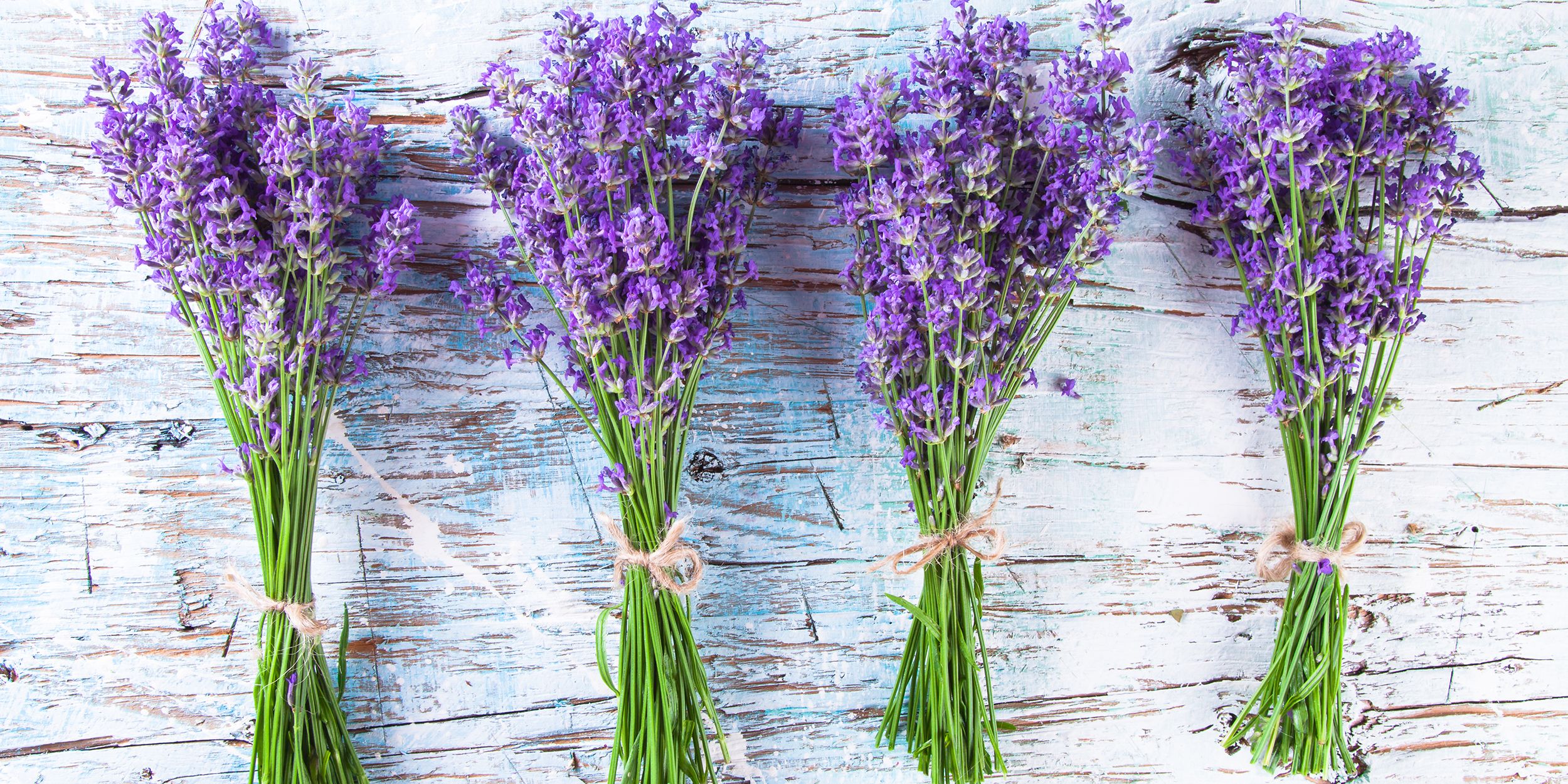
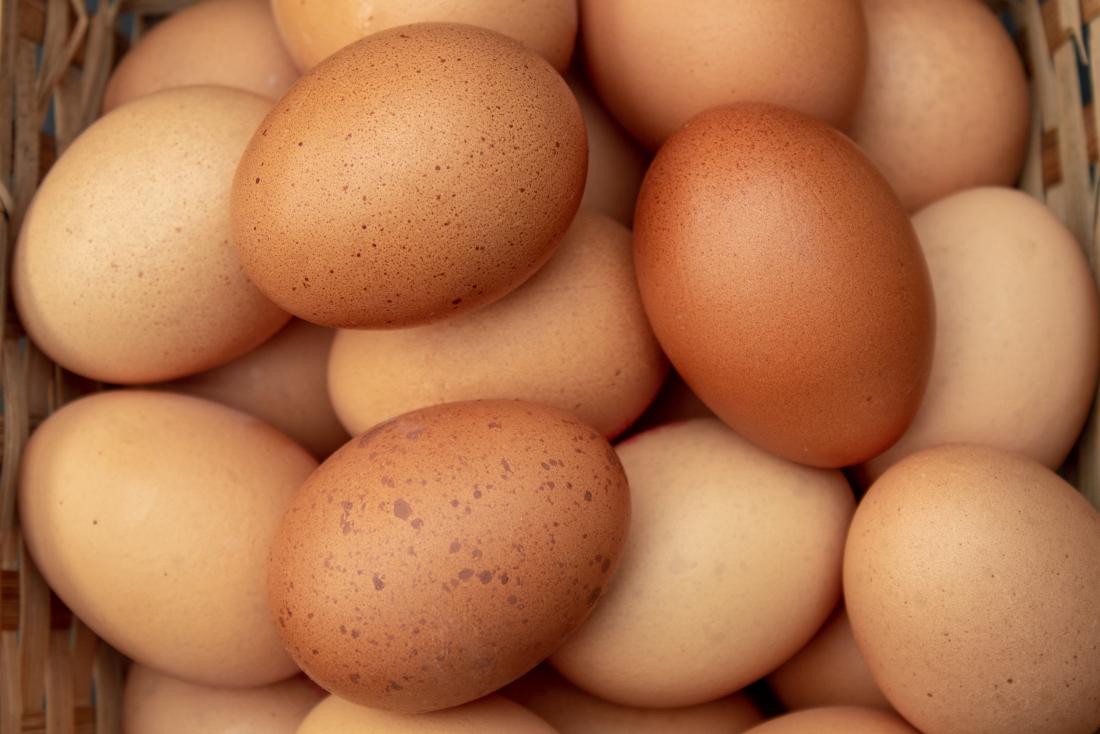
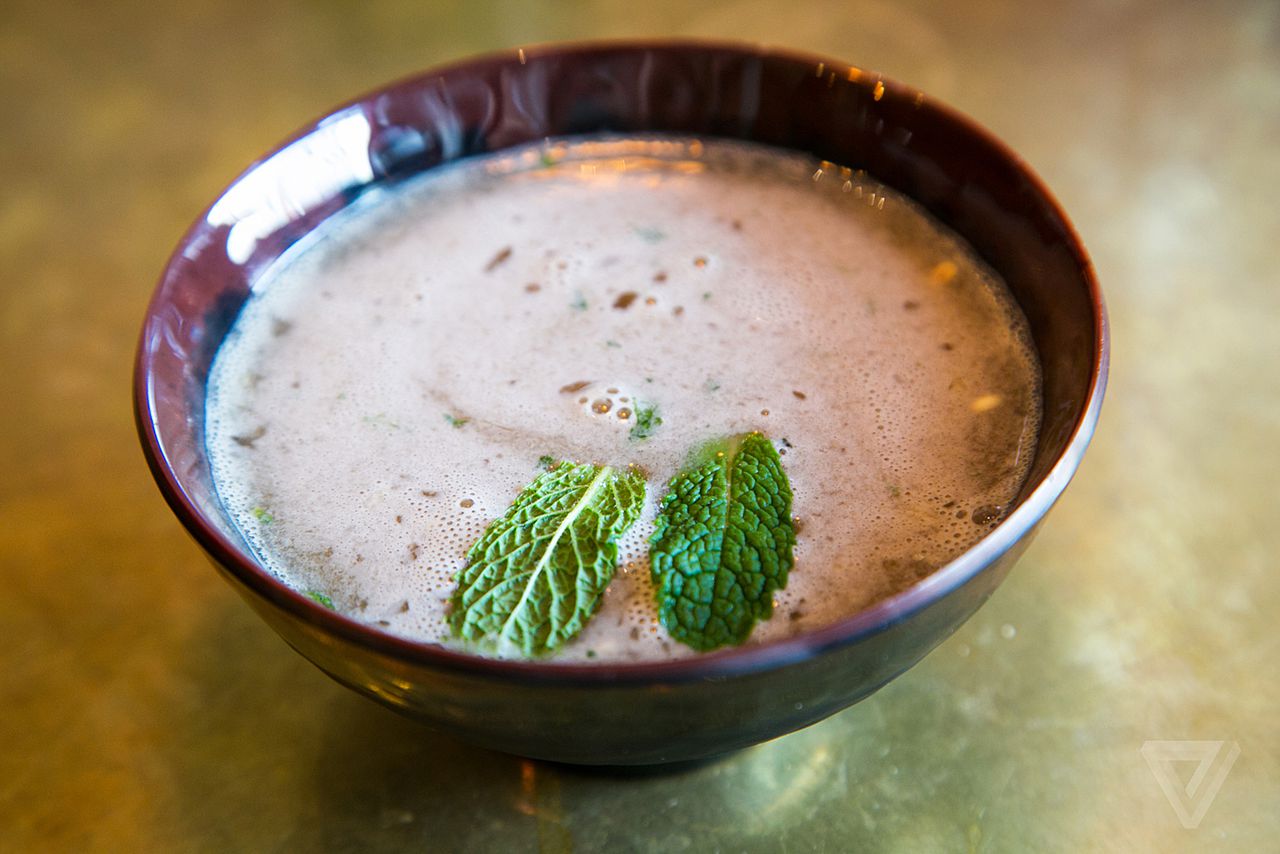
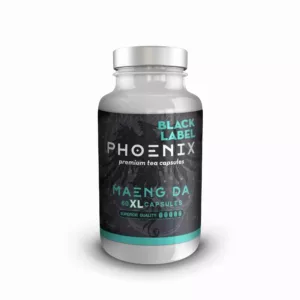



Leave A Comment